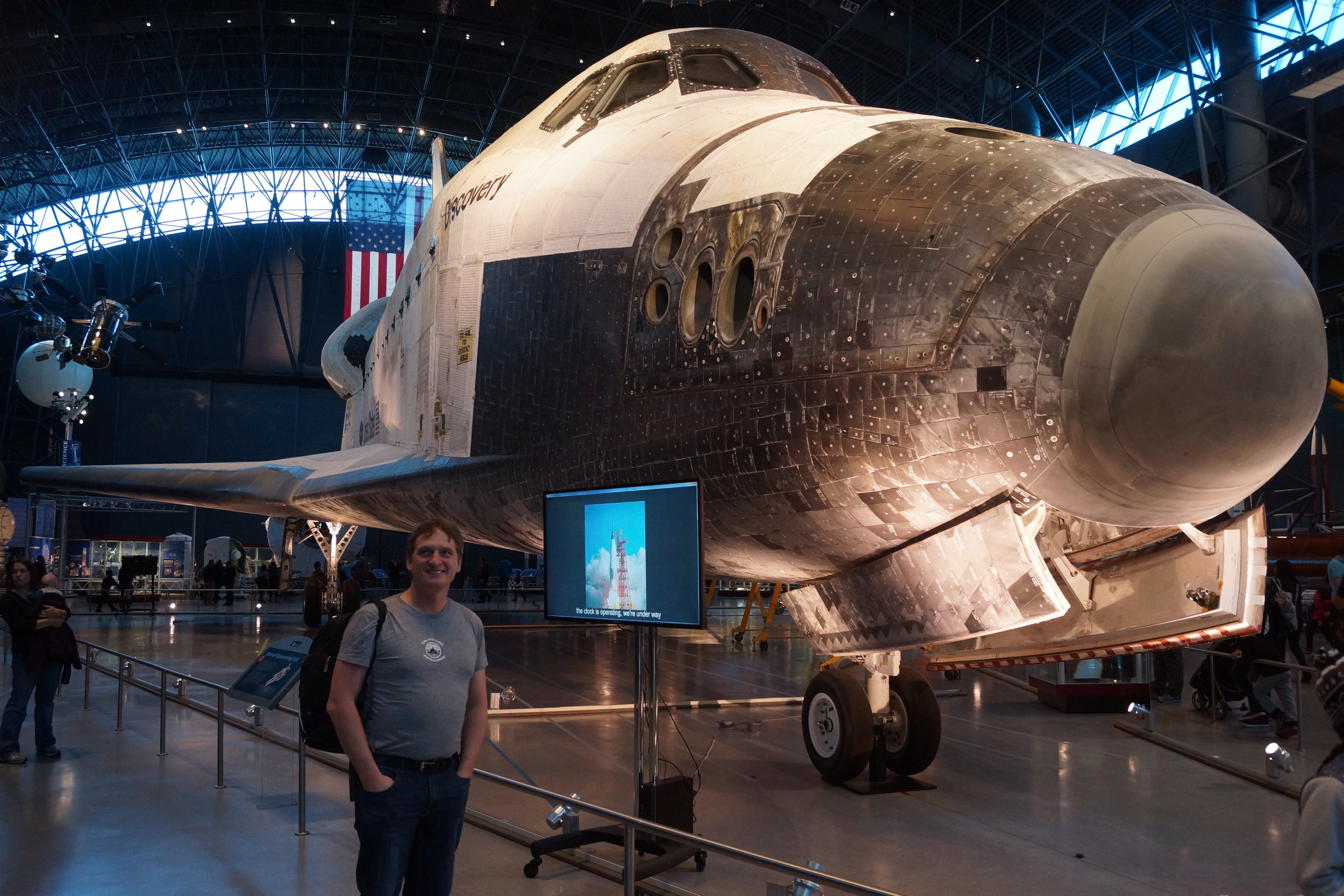This year is the 60th anniversary of the first satellite launch, Sputnik 1, in 1957. Since then over 8000 objects have followed it into orbit and most people alive today were born after the Space Age began.
But despite being commonplace, spaceflight is still far from routine. In fact, in the six decades since the Soviet Union started the space race, just eleven nations and the European Union have achieved indigenous launch capability, sending a locally developed rocket into orbit. These include the United States, which launched its first satellite months after Sputnik and two – Russia and the Ukraine – that inherited the Soviet programme. Three more first world economies, Japan, the United Kingdom and France, are on the list along with emerging superpowers China and India. Finally, Israel, Iran and North Korea round out the group.
RocketLab's launch site on New Zealand''s Mahia Peninsula.
In the next months [edit: DAYS] New Zealand stands a good chance of becoming a member of this club. New Zealand's nascent programme is the work of RocketLab, which is planning its first launch from the Mahia Peninsula on the East Coast of the North Island. If that succeeds, we will be in category of our own: smallest country on the list, one of just three (with the EU and Japan) whose efforts did not piggy-back military missile programmes, and the first debut made by private enterprise rather than a national programme.
RocketLab has the potential to give New Zealand a role in "private space", the biggest upheaval in launch technology since the Space Shuttle, as innovative commercial startups transform what had become a sedate and settled industry. Elon Musk's Space-X is the poster child for this revolution, docking a privately developed capsule with the International Space Station, making first controlled landing and recovery of a conventional rocket, and developing a remarkably ambitious (if wildly optimistic) plan to transport humans to Mars, but it is one of many players in the field.
The Space Shuttle, now a museum piece.
RocketLab is developing a smaller, niche product compared to Space-X's heavy boosters. Designed for frequent launches of small payloads, RocketLab's Electron rocket is fully expendable but lifts a few hundred kilograms for just a few million dollars. (You can make your booking online.) That said, RocketLab still has to successfully test their rocket and, as this is rocket science, there is a real risk of failure, especially in their first few launches. Moreover, for a commercial venture simple technical success is not enough – they must also out-complete other operators in their niche.
For the most part, RocketLab has avoided publicly committing to specific milestones well ahead of time, and while it has received plenty of coverage (most recently for achieving space unicorn status, a start-up worth over a billion dollars), many New Zealanders may not appreciate the stakes. But if it works it will be a very big deal indeed - not just for RocketLab, but the country, as it has the potential to spawn a local space industry, developing novel satellite technologies and figuring out new ways to use of data from space-based instruments. And that would be a lift-off to celebrate.
CODA: All rocket programmes borrow from others and RocketLab's URL – rocketlabusa.com – tells a more nuanced story than the Kiwi-boosterism (pardon the pun) that will follow a successful launch. The company is primarily American owned, but founded by New Zealander Peter Beck, and it builds, tests and launches rockets in New Zealand, although it will apparently have additional launch-sites elsewhere.
And just because it's cool, here's a video of Space-X soft-landing a rocket on a barge; it looks like a film run backwards, but it is a huge leap forwards.


